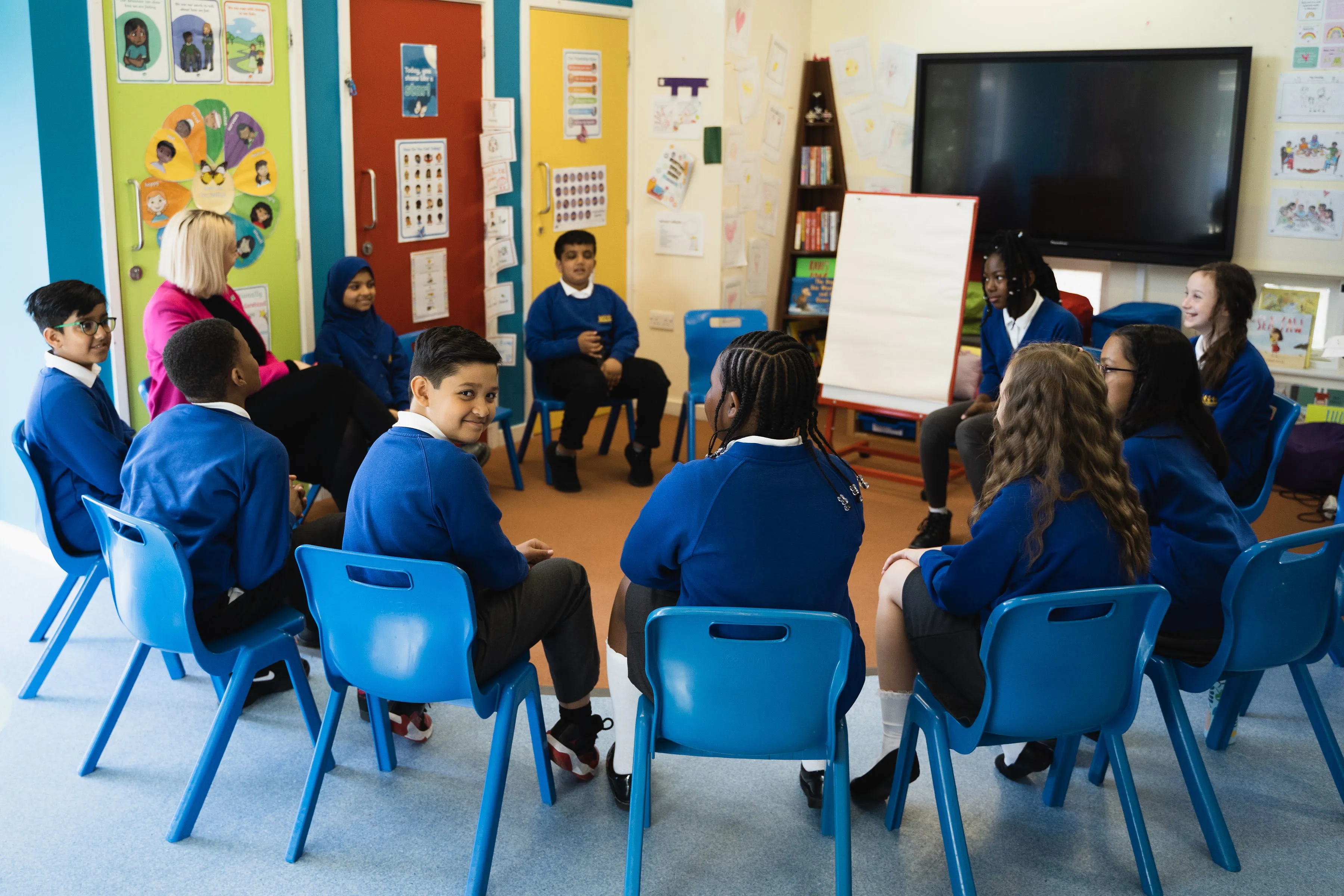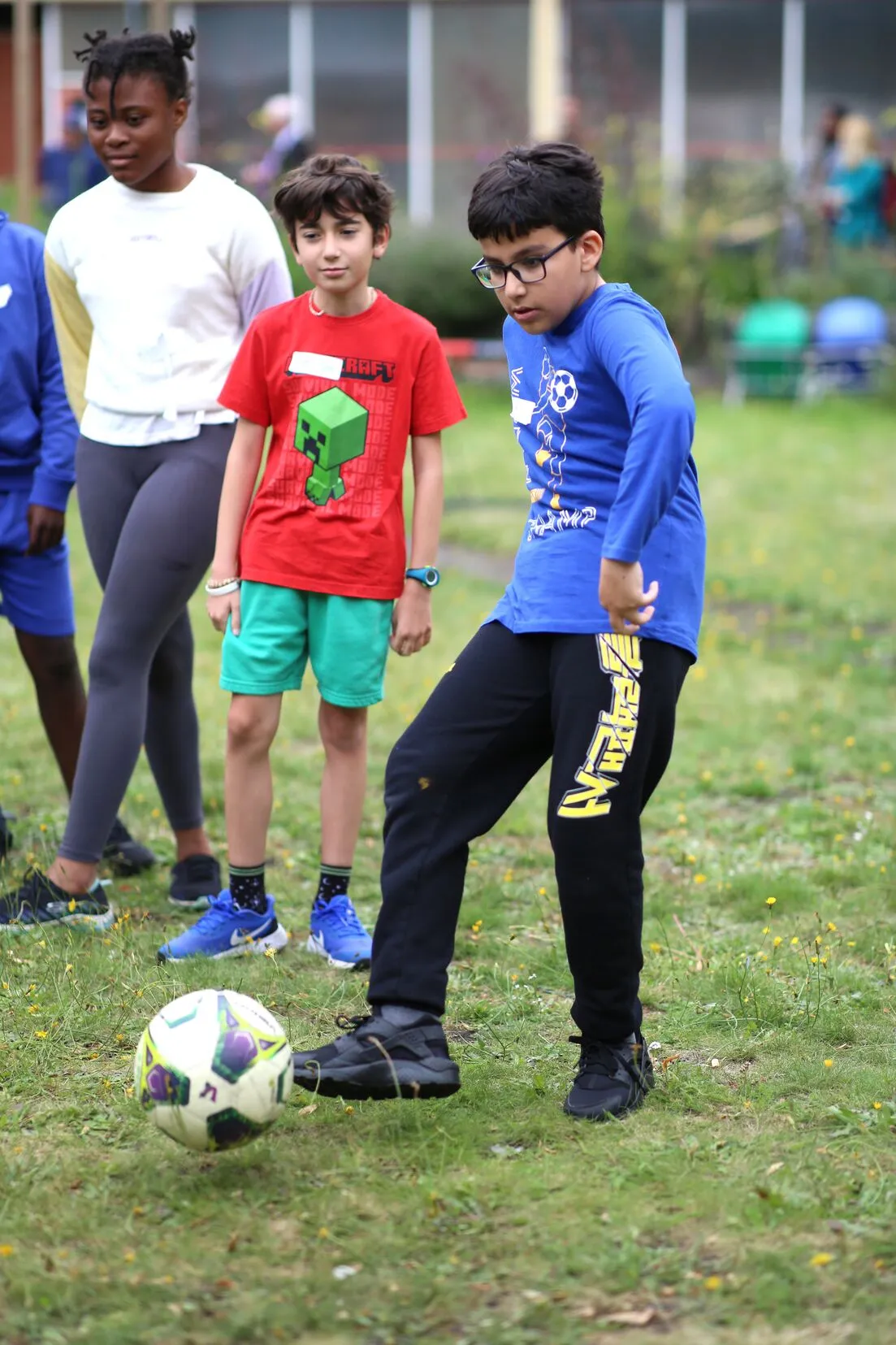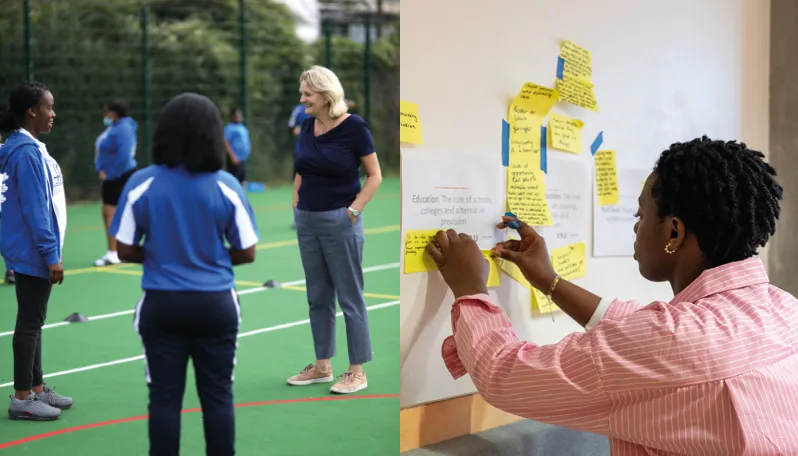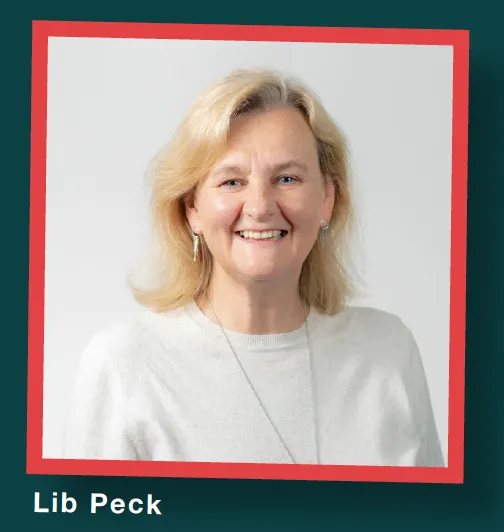
We believe violence is preventable, not inevitable. It’s is a mantra we believe and are fully committed to. The Mayor of London set up the Violence Reduction Unit (VRU) in 2019 – the first in England and Wales – to lead a partnership approach to tackling violence that is rooted in prevention and early intervention.
Over the last four years, we’ve worked to develop partnerships with local authorities, the NHS, charity and community organisations and the police. These are all built round our principal focus and that is to work with and support young people, families and London’s diverse communities.
We’ve seen improvements during that time. Compared to when the VRU was set up, knife crime involving under-25s is down 15 per cent, robbery fallen by 26 per cent and homicides dropped by a quarter. But statistics only tell one side of the story. We’ve seen the impact violence has. We’ve spent time speaking with bereaved families and communities and the raw grief is heart-breaking.
It’s why we’re determined to work with others to bring about change and that means tackling the underlying causes of violence that are undeniable poverty, deprivation, and lack of opportunity.
Over the last two years, we’ve invested in positive opportunities for 150,000 young people. Much of this investment and our policy advocacy has been centred around support at early years, in education, through youth work and positive opportunities, and in communities, grounded in place.
We know the school holidays are a significant challenge because we can see violence and exploitation increase. It’s vital that we have programmes in place to deliver targeted interventions that both prevent and divert, but also provide hope, inspiration, and opportunity.
This summer we invested £7.4 million a wide range of activities for children and young people during the holidays and beyond to keep them safe and supported with positive and constructive opportunities.

This included investment in sports and physical activities during summer and throughout all school holidays for the next two years. This funding supports young people as they transition from primary to secondary school, and cover food and travel expenses to make opportunities accessible to children impacted by the cost-of-living crisis.
As well as funding opportunities in activities and targeted interventions through music and art, the VRU is determined to tackle violence, exploitation and harm affecting young people online. Evidence shows that children and young people spend more time online when they’re not in school and that’s why we’ve invested in the Social Switch programme, led by charities Catch22 and Redthread, to support more than 1,000 children and young people to stay safe online over the next three years. It will support young people aged 16-30 who may be at risk of violence or exploitation, providing them with skills to stay safe and mentors to develop careers in the digital sector. The programme will also train more than 2,000 London-based practitioners to better support young people on how to navigate being online.

We use evidence, data, and intelligence to understand what works and crucially, what doesn’t. Communities are facing complex social challenges and we’re committed to encouraging creativity, experimentation and investing in community-led solutions to addressing the root causes of violence.
With the funding support of the Mayor, the VRU is investing £1.5 million in its Innovation Fund1 for up to 54 community-led organisations and groups to test new approaches and ideas to support vulnerable Londoners who are either at risk or have been involved in violence.
We’ve funded the first round of projects of the Innovation Fund that will begin delivering in September on targeted interventions such as the ‘Street Aunties’ Project, a seven-day a week, outreach-based, wrap-around package of care and support to young people in Tottenham, Wood Green and Hornsey.
Schools across the capital have now returned after the holidays, offering a place of safety and opportunity to thrive through education. Our Inclusive and Nurturing Schools programme, delivered by charities nurtureuk and Tender2, is being delivered this academic year in 70 primary and secondary schools in London. The programme works to tackle exclusions by promoting a nurturing and inclusive environment, as well as working with children to better understand healthy relationships.
That’s supported by a new £4m programme targeted towards early identification of special educational needs and interventions to support speech and communication skills in primary schools.
This investment is underpinned by the development of a London Inclusion Charter that is built around the voice of children and young people and informed by parents and carers, schools, education specialists and local authorities.
It will be a Charter built on partnership and the principles of promoting inclusive practices in school. Our ambition for the Charter is to build a key set of principles and practices around inclusion, backed up by investment in schools and teachers, so we can build on their commitment and dedication to supporting children and young people following the challenges presented by the pandemic.
Over the last two years, we’ve supported community-led networks delivering interventions locally to tackle local concerns, invest and work in partnership with local authorities, health, police and more to deliver sustainable prevention programmes.
Our award-winning community-led MyEnds programme operates in eight neighbourhoods across London and provides mentoring, sports, music and arts activities, and targeted interventions. MyEnds puts communities at the heart of solutions. In its first year it provided opportunities for 5,600 young people and community members.
Preventing and reducing violence is a collective effort, built on partnership. No single public service, agency, charity, voluntary organisation or politician can reduce violence alone. By working in partnership, we can be informed by learning and listen to communities, build as well as develop relationships, advocate for system change and embed equality, diversity and inclusion across all our programmes.
Our partnerships build collective strength to help us achieve our goal of improving the lives of young Londoners. When we work together, we can prevent and reduce violence.

Lib Peck
Director, London Violence Reduction Unit

Further Reading
[1] https://www.london.gov.uk/programmes-strategies/communities-and-social-justice/londons-violence-reduction-unit/our-programmes/innovation-fund
[2] https://natureuk2.jcink.net https://tender.org.uk
To find out more about the VRU, visit www.london.gov.uk/vru